SJI Grantee Spotlights
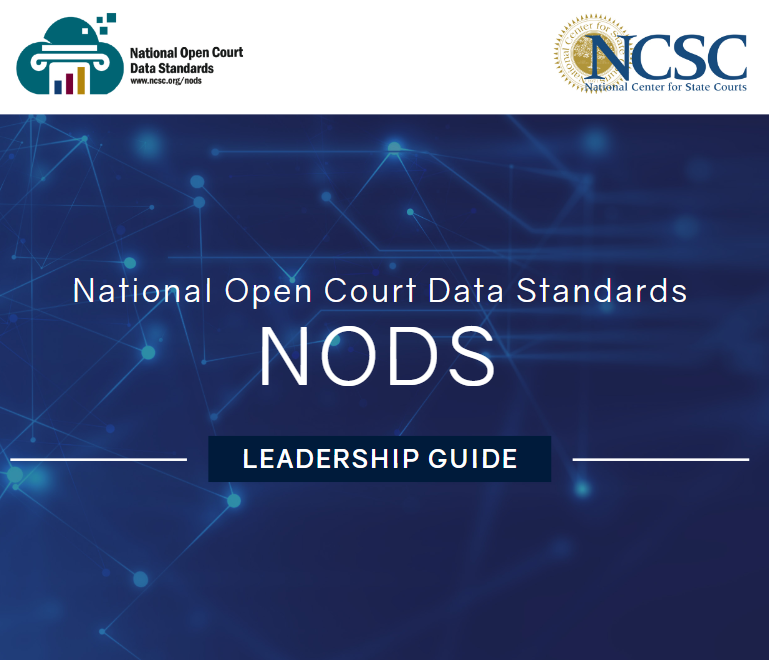
Implementing National Open Court Data Standards in Pilot Courts
The National Open Court Data Standards (NODS) consists of business and technical court data standards designed to facilitate the sharing of court data, ensure consistency in how data are understood and used, and reduce the costs and efforts required for courts to respond to data requests. In addition, several states are using NODS as a framework to build statewide data repositories.
Over the last four years, SJI has supported the implementation of NODS in 16 states. A recent evaluation of the project found that successful implementation has relied upon supportive executive leadership, dedicated staff, a designated NODS champion, and financial resources. Barriers to implementation have included a lack of resources, competing priorities, and insufficient leadership support. For states implementing NODS, it has been a useful tool to identify and address data governance issues. Most adopting courts indicated that their court began to collect new data elements due to mapping their case management system to NODS.
In addition to the core spreadsheet of data elements, resources available to courts and vendors include:
- NODS NIEM6 Message specification
- NODS User Guide
- NODS Leadership Guide
Along with Subject-area specific guides to NODS, including:
- NODS for Family Court
- NODS for Guardianship
- NODS for Traffic
- NODS for Criminal
These resources are available at www.ncsc.org/nods.
Webinars are also available to learn more about NODS, including a Data Dives Webinar on NODS and a special webinar on Better Traffic data with NODS.
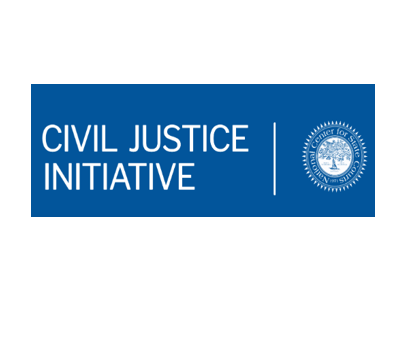
Utah 10-Year Retrospective on Utah Civil Discovery Reforms
July 1, 2024
In 2011, Utah became the first state to embed the concept of proportionality into its rules governing discovery in civil cases. Utah Rule 26 created three tiers based on the amount-in-controversy at stake with tight deadlines and significant restrictions on the scope of allowable discovery for cases valued less than $50,000 (Tier 1), slightly longer …
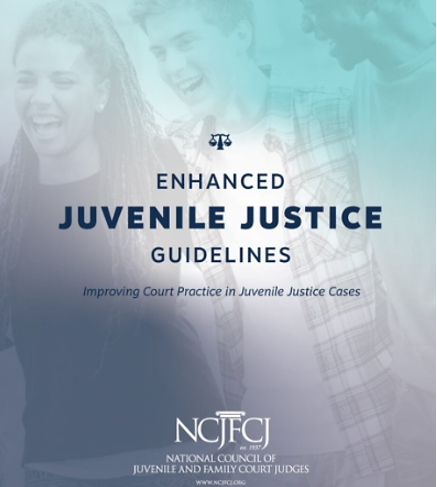
Update to the Juvenile Delinquency Guidelines – Processing Delinquency Cases in Juvenile Courts
June 1, 2024
What works with youth involved in the juvenile justice system? This is a question that has research pointing to some clear answers. Wrap-around services, a focus on youth skill development, and a well-coordinated case plan are all keys to helping youth successfully exit the justice system and become better citizens of their communities. But even …
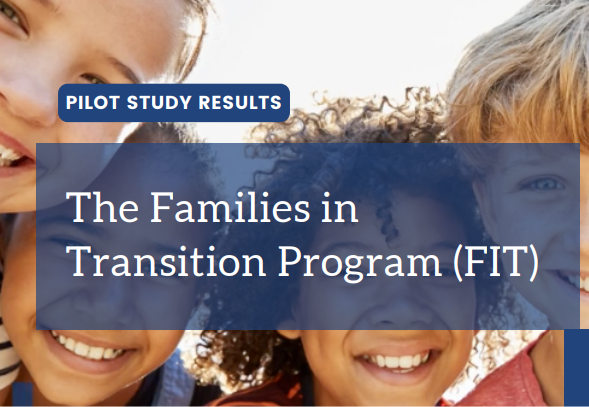
Reducing Conflict with Families in Transition
May 1, 2024
Judges in family courts handle the complex dynamics of familial conflicts, particularly in cases involving high parental conflict. Parenting education is essential, serving as a vital tool to ensure children’s well-being during parental separations and promote smoother family transitions. “The Families in Transition (FIT) Parenting Course,” a 1.5-hour online program designed to complement existing parenting …

The Housing Navigator Program
April 1, 2024
The Good Neighbor Emergency Assistance (GNEA) and the Iowa Judicial Branch have partnered to support The Housing Navigator Program. The Navigator at GNEA assists their clients in finding sustainable forms of housing assistance in Story County, Iowa, with the aim of preventing homelessness. They work with clients holistically to determine which programs offered by the …
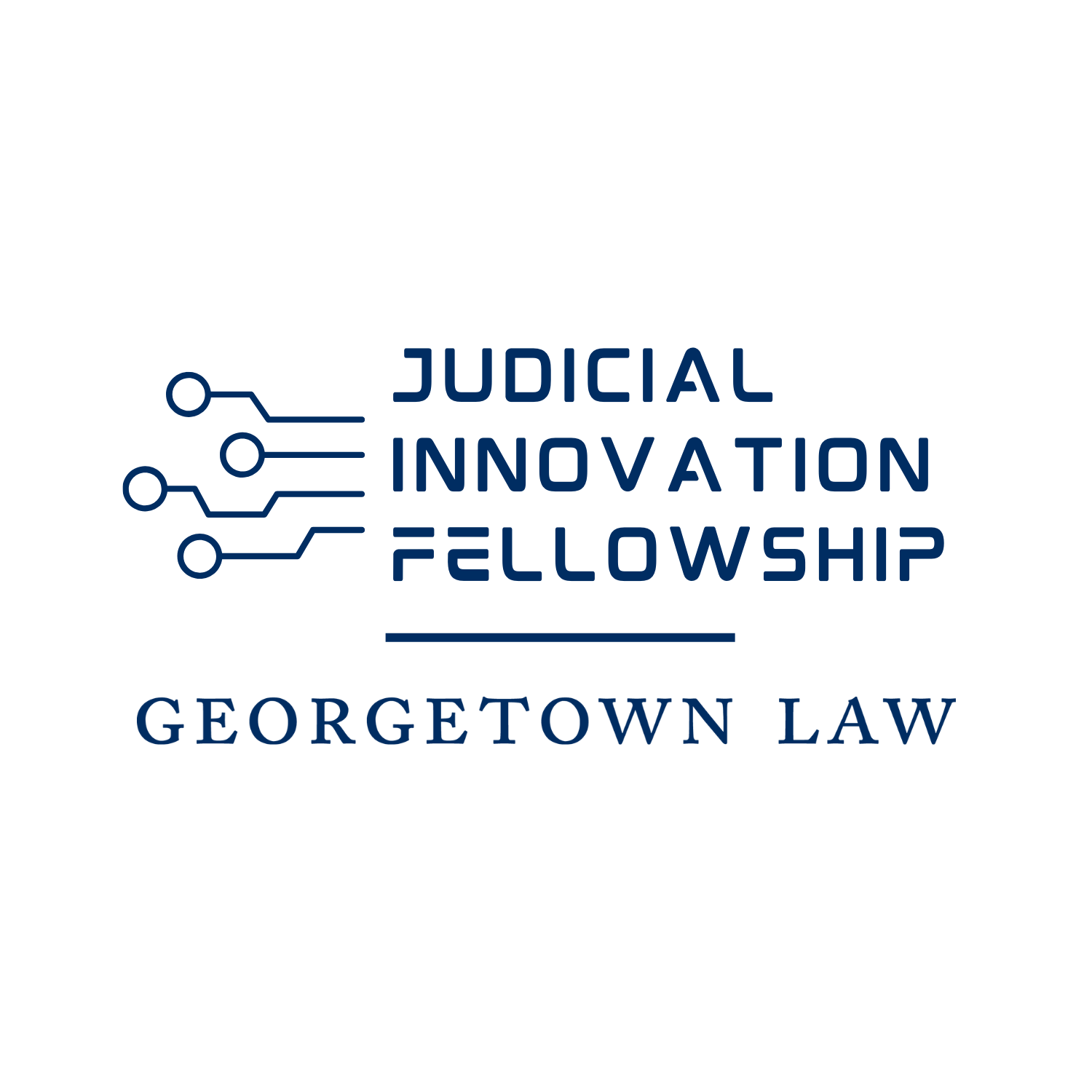
Judicial Innovation Fellowship Program
March 1, 2024
The Judicial Innovation Fellowship (JIF) is an initiative incubated at the Justice Lab at Georgetown Law Center’s Institute for Technology Law and Policy. The JIF is a year-long fellowship for technologists, designers, and user testers to transform justice across state, local, territorial, and tribal courts. It is an exciting new opportunity for technologists, product people, and designers …
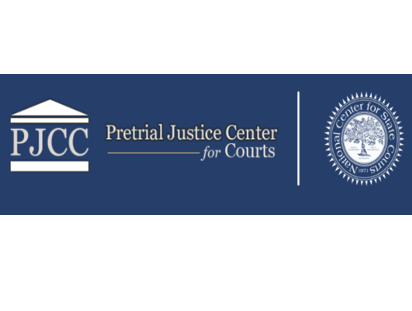
Advancing Pretrial Justice Initiative
February 1, 2024
Pretrial policies have undergone significant change and advancement over the last decade. In 2013, the Conference of Chief Justices (CCJ) and the Conference of State Court Administrators (COSCA) endorsed the COSCA Policy Paper on Evidence-Based Pretrial Release. CCJ and COSCA also hosted five Pretrial Regional Summits between May 2016 and November 2018 to facilitate the …

